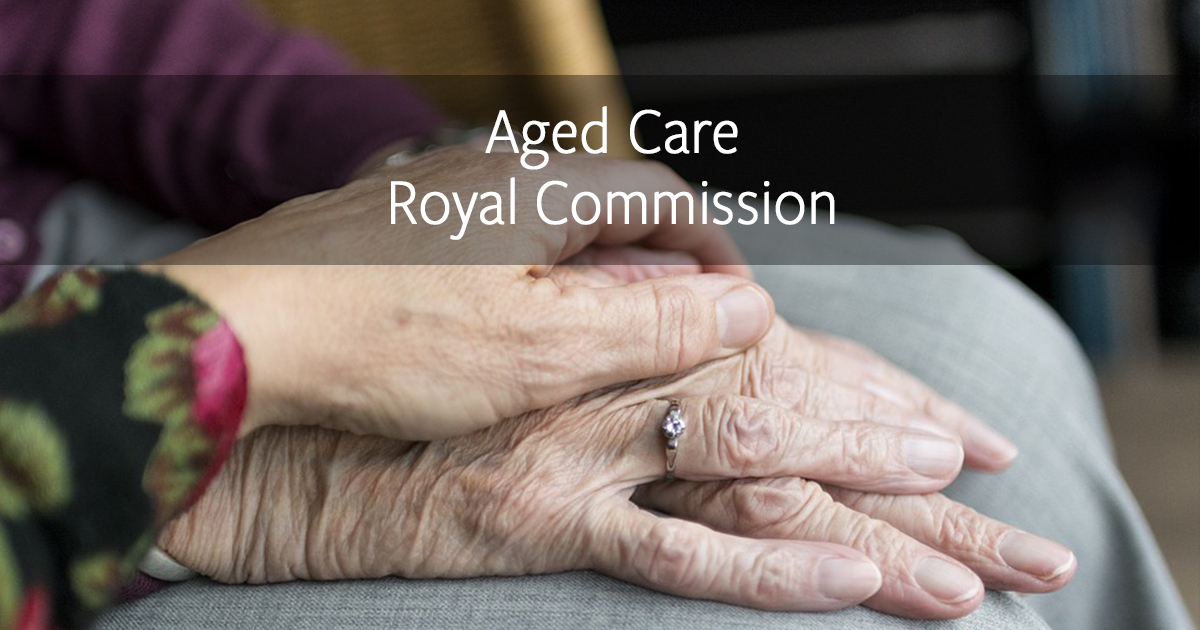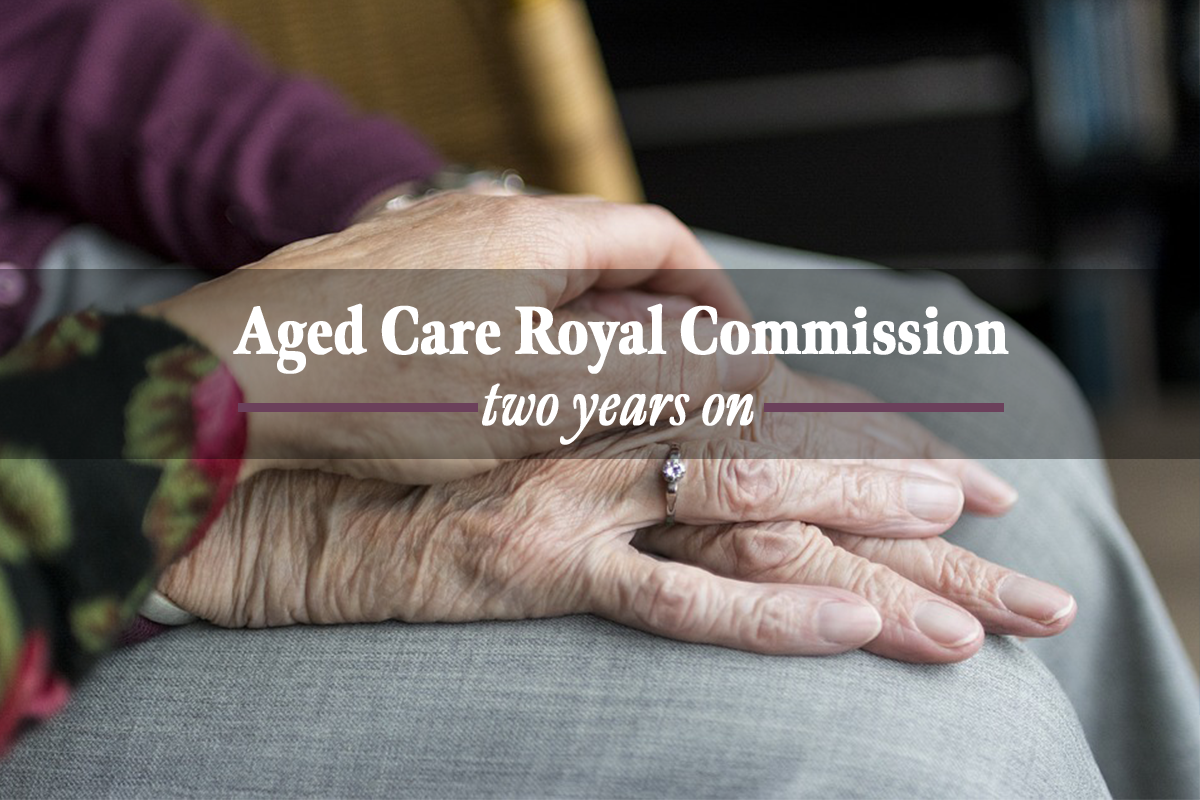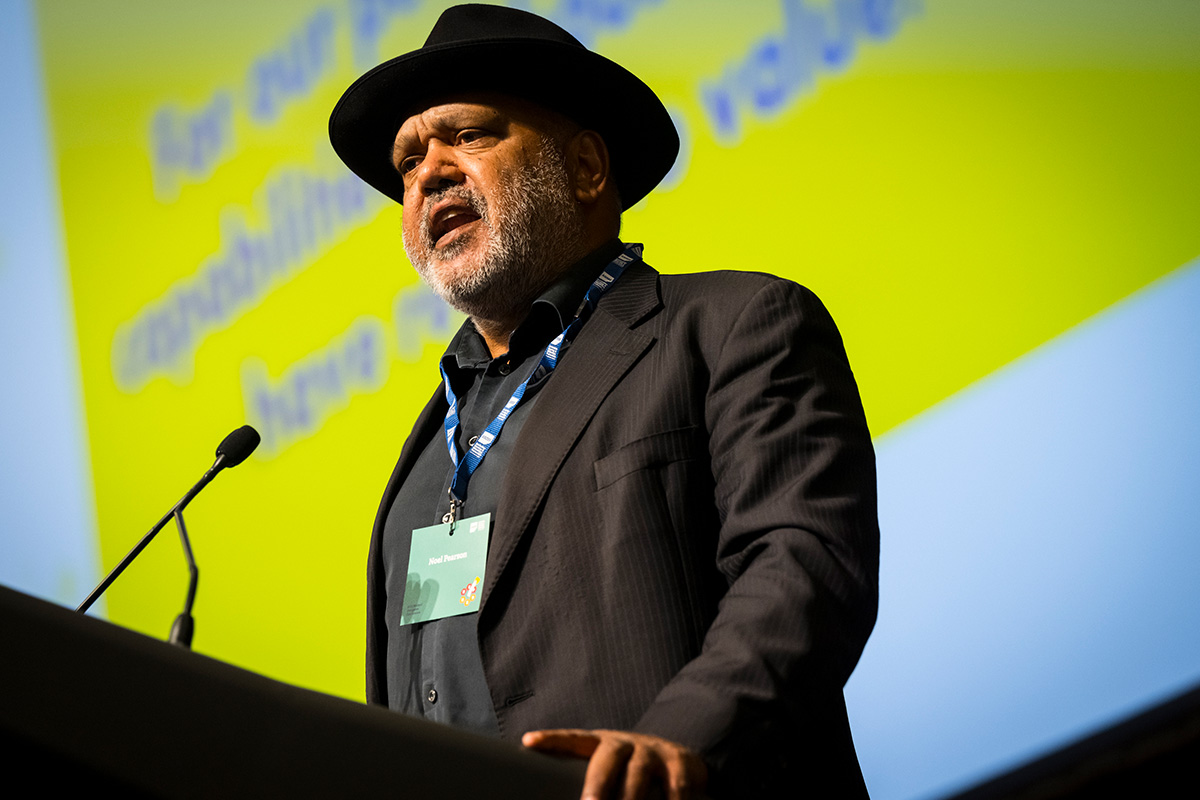
The ANMF has welcomed the aged care royal commission’s six recommendations to manage COVID-19 but they do not go far enough to protect nursing home residents.
There have been 1987 COVID-19 cases, including 644 deaths, predominantly in Victoria’s private residential aged care sector (as at 6 October).
The royal commission’s ‘Aged care and COVID-19: a special report’, published on 1 October, said the aged care workforce had been ‘under-resourced and overworked’ prior to the pandemic and was now ‘traumatised’.
The commissioners paid ‘tribute to aged care workers and the vital work they do’.
‘Care workers develop close relationships with residents. Many are grieving for residents who have died after contracting COVID-19,’ they said, ‘Others are anxious about bringing the virus into their workplace or home to their loved ones’.
The report recommends immediate additional funding for additional staff to facilitate family and friends visiting aged care residents, but it does not address the dangerous lack of registered nurses or the consequences of missed resident care.
ANMF Federal Secretary Annie Butler said ‘Nursing homes desperately need additional nurses and care staff to provide safe, effective care outcomes for residents, not just to enable more visitors.
‘While that is critical for the wellbeing of residents, more staff are urgently needed just to meet basic needs for residents in far too many nursing homes.’
Aged Care Minister Richard Colbeck said the Federal Government accepted the recommendations saying progress was already well underway in many areas. Senator Colbeck announced a further $40.6 million as part of its response to the report.
Ms Butler welcomed the recommendation for immediate additional funding but said aged care providers must be accountable for using the money for employing additional nurses and carers.
The royal commission has also recommended the Federal Government develop a national aged care COVID-19 plan including hospital transfer protocols. It has also called for at least one infection control officer, with an agreed standardised training, in every aged care facility.
The royal commission delivered an interim report called ‘Neglect’ in October 2019 and is scheduled to provide a final report by 26 February 2021.
The Royal Commission into Aged Care Quality and Safety COVID-19 recommendations
The special report and its six recommendations are the result of a hearing into the impact of COVID-19 on aged care, which was held in Sydney from 10 to 13 August 2020. It was not a specific inquiry into the Victorian outbreak.
Recommendation 1
The Australian Government should report to Parliament by no later than 1 December 2020 on the implementation of these recommendations.
Recommendation 2
The Australian Government should immediately fund providers that apply for funding to ensure there are adequate staff available to allow continued visits to people living in residential aged care by their families and friends.
Recommendation 3
The Australian Government should urgently create Medicare Benefits Schedule items to increase the provision of allied health services, including mental health services, to people in aged care during the pandemic. Any barriers, whether real or perceived, to allied health professionals being able to enter residential aged care facilities should be removed unless justified on genuine public health grounds.
Recommendation 4
The Australian Government should establish a national aged care plan for COVID-19 through the national cabinet in consultation with the aged care sector.
This plan should:
- establish a national aged care advisory body
- establish protocols between the Australian Government and the States and Territories based on the NSW Protocol but having regard to jurisdictional differences
- maximise the ability for people living in aged care homes to have visitors and to maintain their links with family, friends and the community
- establish a mechanism for consultation with the aged care sector about use of Hospital in the Home programs in residential aged care
- establish protocols on who will decide about transfers to hospital of COVID-19 positive residents, having regard to the protocol proposed by Aged and Community Services Australia
- ensure that significant outbreaks in facilities are investigated by an independent expert to identify lessons that can be learnt. The results of any such investigations should be promptly disseminated to the sector.
Recommendation 5
All residential aged care homes should have one or more trained infection control officers as a condition of accreditation. The training requirements for these officers should be set by the aged care advisory body we propose.
Recommendation 6
The Australian Government should arrange with the States and Territories to deploy accredited infection prevention and control experts into residential aged care homes to provide training, assist with the preparation of outbreak management plans and assist with outbreaks.




